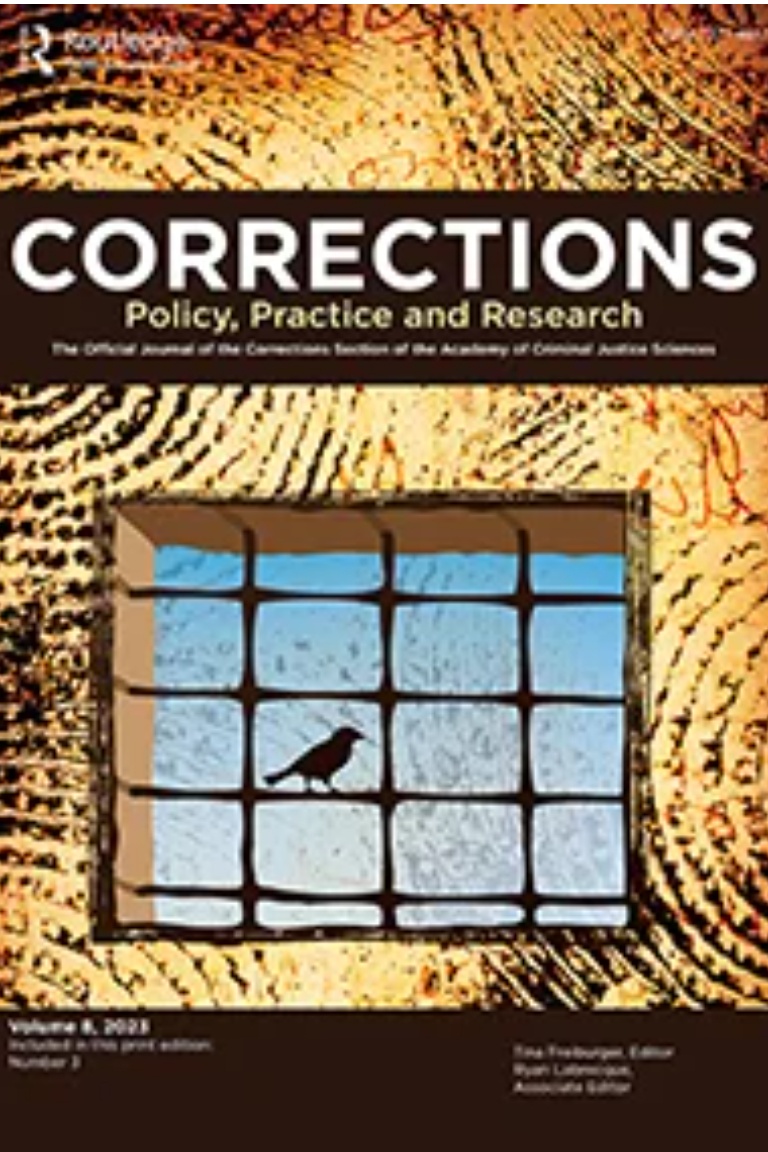The purpose of the current study was to assess how well the liberation hypothesis explained sentencing decisions in Pennsylvania. Using eight years of data from the Pennsylvania Commission on Sentencing (2009–2016), we tested for the liberation hypothesis through the interaction of race/ethnicity with legal factors (offense gravity score and prior record score). In using a hurdle count model, it combined a logistic regression to predict the incarceration decision and a zero-truncated negative binomial regression to predict positive counts (incarceration length). The results provide some support for the liberation hypothesis but also suggest that the sentencing decision is complex, and race likely interacts with multiple factors to influence outcomes.

 The College of Arts
The College of Arts